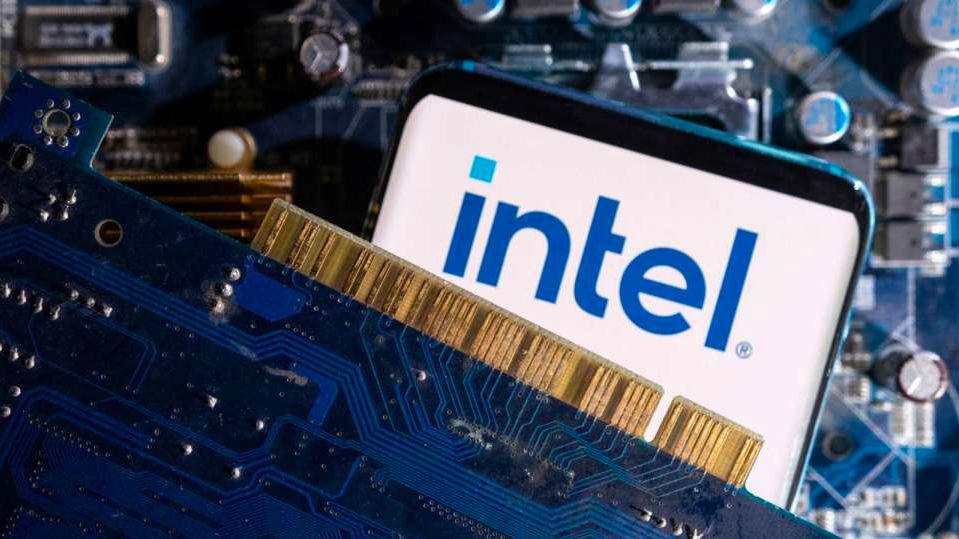Intel defies US pressure, opens a chip center in Shenzhen. The move aids local AI startups, despite US-China tech battle, aiming to empower China’s tech future.
Intel partners with Shenzhen for a chip center. Unveils AI processor meeting U.S. export rules for sale in China.
American chip giant Intel Corp has taken a bold step by announcing the establishment of a new chip innovation center in Shenzhen. The decision took place despite mounting pressure from the United States government to reduce business dealings with China.
The move comes as Intel seeks to tap into China’s vibrant tech ecosystem and support local startups in the field of artificial intelligence.
Fostering Innovation and Collaboration in the Greater Bay Area
The Intel Greater Bay Area Science and Technology Innovation Center was launched in partnership with the Nanshan District government in Shenzhen on July 29. The report came from a post on the center’s official WeChat account.
The center will harness the benefits of Nanshan District’s strategic location, industry resources, and policy advantages. At the same time, it will integrate Intel’s cutting-edge technology, comprehensive product portfolio, and open ecosystem.
This collaboration aims to cultivate innovation among numerous local enterprises and establish itself as a leading domestic and world-class hub for technological advancement.
During the center’s launch ceremony, Wang Rui, Chairman of Intel China, expressed the company’s commitment to leveraging its technological prowess.
The goal is to drive the integration and development of emerging industries in the Greater Bay Area and across the nation, ultimately contributing to the growth of China’s digital economy.
Navigating the Complexities of US-China Relations
Intel’s decision to establish the innovation center comes at a time when several U.S. tech giants are navigating the complex landscape of U.S.-China relations. Adding to the complexity are increased restrictions on chip exports from the United States.
Despite the challenges, Intel aims to maintain a strong presence in the world’s second-largest economy, where the demand for electronic components, especially chips, has surged.
This initiative is a testament to Intel’s continued focus on its Chinese partners and customers. CEO Patrick Gelsinger’s recent low-key visit to China—his second in just three months–makes it evident.
Driving Local Collaboration and Advancements
The Shenzhen innovation center’s operations will be bolstered through cooperation with six local technology companies. These companies inked an agreement with Intel during the launch ceremony.
Consequently, the agreement will pave the way for the establishment of several joint laboratories. These labs will concentrate on developing low-carbon and energy-saving information technology solutions.
As part of its commitment to supporting local businesses, Intel has also pledged to provide technical assistance and resources to companies located in Nanshan District, helping them with market promotion and expansion.
Empowering China’s AI Future
It’s worth noting that only two weeks prior to the center’s establishment, Intel unveiled a processor designed specifically for training artificial intelligence systems.
The chip complies with U.S. export requirements, allowing it to be sold to Chinese customers. During a product launch conference in Beijing, Intel showcased the Gaudi2 artificial intelligence processor, with Sandra Rivera, Intel’s executive vice president, expressing how this technology will empower Chinese customers to deploy AI through cloud technology and smart cutting-edge solutions,.
Intel’s bold move to establish the Intel Greater Bay Area Science and Technology Innovation Center in Shenzhen exemplifies the company’s steadfast commitment to fostering technological innovation and collaboration in China, despite geopolitical challenges. As the tech battle between the U.S. and China continues, Intel’s proactive engagement with Chinese partners showcases its resolve to be a significant player in shaping China’s tech future.

